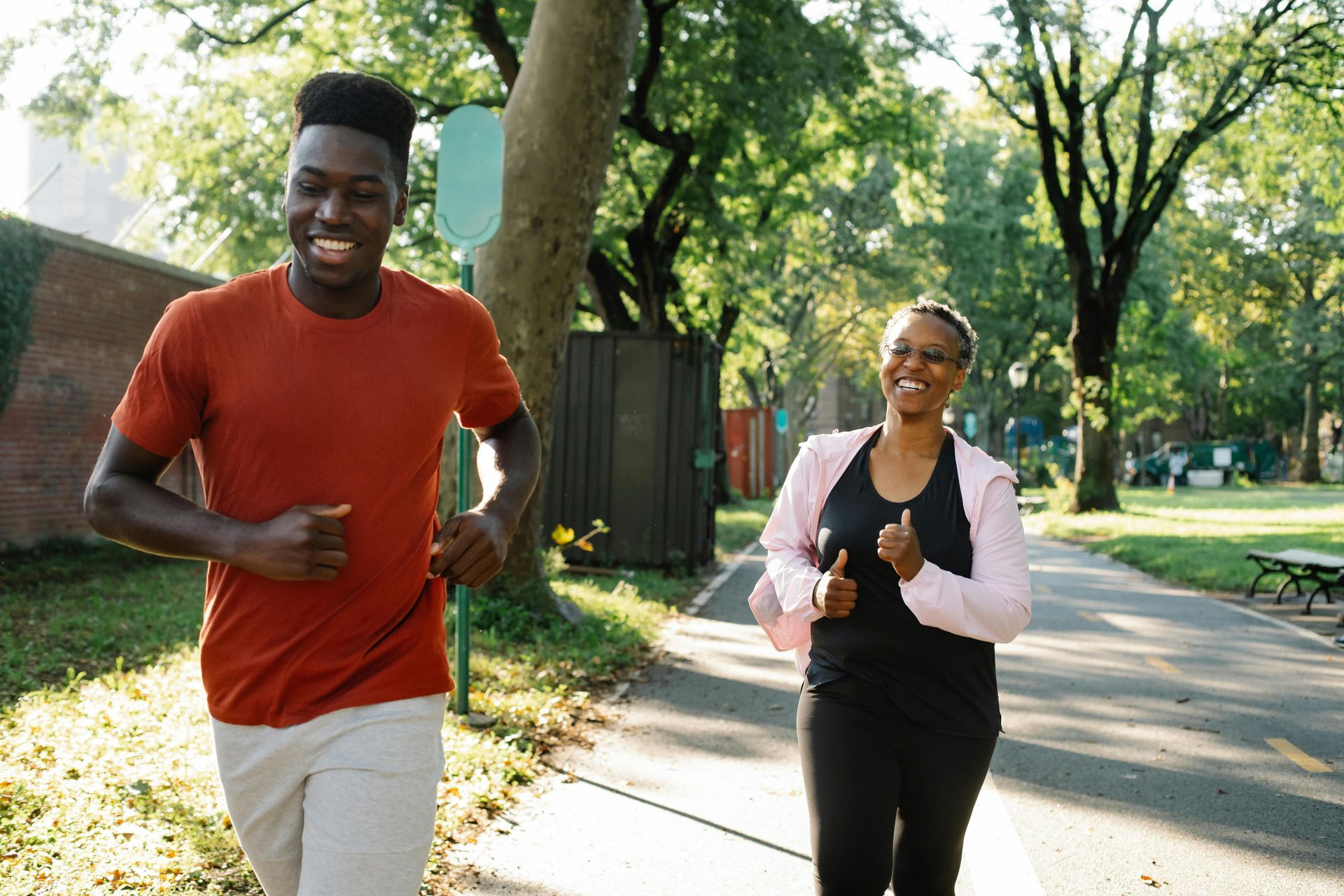Walking Toward Better Health: Why Brisk Walking Can Add Years to Your Life
When it comes to improving your health, one of the simplest and most effective habits you can build is walking at a brisk pace.
A recent study published in the American Journal of Preventive Medicine found that walking briskly for just 15 minutes a day is linked to a significantly lower risk of death, even lower than strolling for much longer.
The study is also the first to examine the health effects of walking pace in predominantly low-income and Black communities. Researchers emphasized that these communities often face economic barriers and are more likely to live in areas with little access to safe walking spaces, making the findings especially impactful.
The Power of Brisk Walking
Brisk walking—moving fast enough to raise your heart rate and leave you slightly out of breath—can do wonders for your body. It helps:
- Improve heart and lung health
- Lower blood pressure and blood sugar
- Maintain a healthy weight
- Reduce stress and boost mood
- Strengthen muscles and joints
You don’t need fancy equipment or a gym membership to get started. All you need is a comfortable pair of shoes and a safe space to move.
Making Movement Work for You
Many people, especially in Black communities, face barriers to regular exercise—like limited time or lack of green space. But even short walks during lunch breaks, walking to run errands, or starting a small walking group with neighbors can add up over time.
The key is consistency and pace. Walking with purpose, even for just 10–15 minutes a day, can support your heart and your long-term health.
So take that first step. A brisk walk today can be the beginning of a longer, healthier tomorrow.
Credit Gigen Mammoser Brisk Walking May Help You Live Longer, Lower Cardiovascular Disease Risk
https://www.healthline.com/health-news/brisk-walking-may-lower-cardiovascular-disease-risk
















